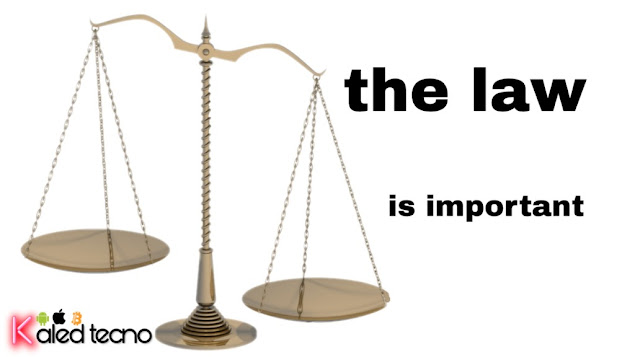? What is the authority of a judge in court
Certainly, here are some additional considerations for those aspiring to become judges:
Specialization and Expertise:
Developing expertise in a specific area of law can enhance a candidate's qualifications. Some judges specialize in family law, criminal law, environmental law, or other areas. Specialized knowledge can be an asset, especially for positions in specialized courts.
Community Involvement:
Involvement in the community and legal organizations can contribute to a candidate's overall profile. Participation in legal associations, community service, and other extracurricular activities can demonstrate a commitment to public service.
Judicial Qualifications and Standards:
Familiarize yourself with the specific qualifications and standards for judgeship in your jurisdiction. Some jurisdictions may have age requirements, residency requirements, or other specific criteria.
Legal Publications and Scholarly Activity:
Publishing legal articles, engaging in scholarly activity, and contributing to legal publications can demonstrate a commitment to the legal profession and showcase expertise in a particular area of law.
Judicial Clerkship:
Some aspiring judges gain experience by working as judicial clerks for current judges. This role involves assisting judges with legal research, drafting opinions, and other tasks. Clerkships can provide valuable insights into the judicial process.
Political or Government Experience:
In some jurisdictions, individuals with political or government experience may be appointed or elected to judicial positions. This can include service as an attorney general, district attorney, or other governmental roles.
Maintaining Professionalism and Ethics:
Upholding high standards of professionalism and ethical conduct is crucial for anyone aspiring to become a judge. Judges are expected to demonstrate integrity, impartiality, and a commitment to the rule of law.
Continuing Legal Education:
Judges are often required to participate in ongoing education to stay current with legal developments. Demonstrating a commitment to continuous learning and professional development is important.
Remember, the path to becoming a judge can vary based on jurisdiction, the type of court, and other factors. It's advisable to consult with legal professionals, judges, and local bar associations to gain a better understanding of the specific requirements and processes in your region. Additionally, staying informed about changes in the legal system and actively participating in the legal community can contribute to a successful judicial career.
User
What is the authority of a judge in court?
A judge in a court has several key authorities and responsibilities to ensure the fair and orderly administration of justice. The specific powers and authority of a judge can vary by jurisdiction and court level, but common elements include:
Interpreting and Applying the Law:
Judges have the authority to interpret and apply the law to the cases before them. They must analyze legal statutes, precedents, and other legal principles to make decisions based on the relevant legal framework.
Presiding Over Proceedings:
Judges preside over court proceedings, maintaining order and decorum in the courtroom. They have the authority to control the proceedings, rule on evidentiary matters, and manage the conduct of attorneys and parties involved in the case.
Issuing Orders and Decisions:
Judges have the power to issue various orders, including rulings on motions, orders for discovery, and instructions to the jury. Ultimately, judges render decisions on legal issues and determine the outcome of the case.
Administering Oaths:
Judges can administer oaths to witnesses, parties, and others who are testifying or making statements in court. This helps ensure the truthfulness of the information presented.
Making Legal Determinations:
Judges make legal determinations throughout a case. This includes decisions on the admissibility of evidence, the interpretation of legal statutes, and the application of legal standards to the facts presented.
Conducting Trials:
Judges preside over trials, both bench trials (where the judge alone determines the outcome) and jury trials (where a jury renders a verdict). They provide instructions to the jury, ensure a fair trial, and make legal rulings during the course of the trial.
Sentencing (in Criminal Cases):
In criminal cases, judges have the authority to impose sentences on individuals who have been convicted of crimes. Sentencing decisions are based on legal principles, the severity of the offense, and any applicable sentencing guidelines.
Maintaining Court Records:
Judges oversee the maintenance of court records. They ensure that accurate records of court proceedings, orders, and decisions are kept for the official court record.
Ensuring Fairness and Impartiality:
Judges are expected to be impartial and fair. They must avoid any appearance of bias and make decisions based on the law and the facts presented, without favoritism or prejudice.
Contempt Powers:
Judges have the authority to hold individuals in contempt of court for disruptive or disrespectful behavior during proceedings. Contempt powers are used to maintain order and respect for the judicial process.
It's crucial to note that the authority of a judge is subject to legal and ethical constraints. Judges are expected to uphold the rule of law, follow established legal procedures, and adhere to ethical standards to ensure a fair and just legal process.


Thanks for writing to us